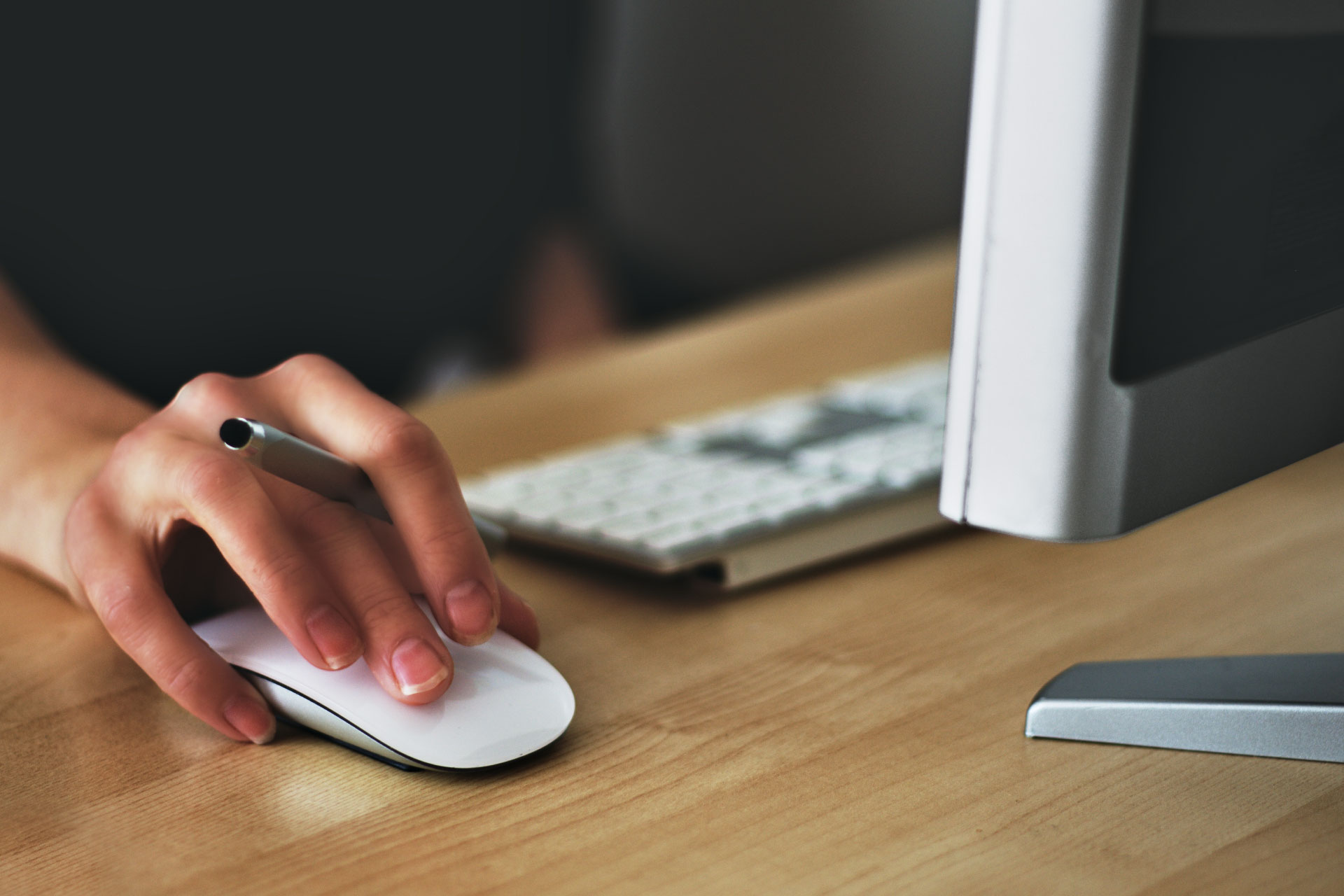
If you’re looking for a new website design, it’s already an exciting step in your journey as you’ve decided that it is time to advertise your products and services to potential consumers online. However, sometimes it’s not always easy to know where to start. With little experience in how a good website looks and works, it’s hard to know what you really want, which is why it’s always best to seek the help and advice of a professional web designer to keep you on the right track.
However, your input with the web design process is invaluable. As the only person who knows everything there is to know about your brand and business, you know exactly who your customers are and the messages you want to convey. This, coupled with the expertise of a professional web designer, will produce a website that is fit for purpose, fully functional and beautifully designed.
Before meeting with your website designer, try to answer these 10 questions about your upcoming website to make the design process more effective to product your desired result:
1. Who are you targeting?
Be sure to think about your ideal target market so that your website can be specifically designed with your ideal users in mind. With no audience consideration, your website will have no real purpose.
2. What will the structure of the site be like?
A convoluted website can be confused and difficult to navigate. To enhance user experience for your customers, decide on a clear structure to your site with specific pages to make browsing and buying a positive consumer experience.
3. How complex does your site need to be?
Although you may have a clear idea of how you want your website to look and perform, you may be reinventing the wheel. A professional web designer can offer helpful advice and suggest ready-made themes and easy to use content management systems that will be kinder to you and your budget.
4. Is the purpose of your website clear?
Don’t forget that ultimately, your website is a tool used to generate enquiries, leads and sales. As important as the design is, it’s equally as important to consider that the information and functions are accessible enough to users, such as products to buy and contact forms.
5. Have you got your website content ready?
A website can be designed with no content in place but unfortunately in doing so, this can lead to long delays and costly redesigns. Before meeting with your web designer, ensure you’ve got a good stock of written content ready to be uploaded to your website, e.g. information about services, about us, etc.
6. Is your branding ready for your website?
It’s important to consider that your website plays a huge part in generating brand awareness. A diluted brand with logos supplied in unsuitable formats for your website can lead to the final design of your website looking unprofessional. Be sure to have all your available artwork files in the correct format before supplying them to your website designer. If you don’t have the correct files, it would certainly be worth considering a branding refresh to ensure you do!
7. Have you thought about calls-to-action?
Calls-to-action on your website take the form of a variety of elements that encourage users to act e.g. contact forms, ‘buy now’ buttons, etc. Have a think about the most appropriate calls-to-action for your website and why you might use them, e.g. if you want to generate leads, contact forms on each page would be a suitable call-to-action. Just be sure that any areas where customers need to input their data are GDPR compliant – you don’t want to end up with a hefty fine from the ICO!
8. Can your website be consistent?
If you’re incorporating another brand within your website, or perhaps you’re selling the products of various brands, be sure to keep the bones of your website true to YOUR brand. The more consistent your brand is across your website; the more positive user experience will be. Remember, consistency is always the key to navigation, recognition, awareness and brand building!
9. What types of media will you be using?
An image-heavy website is fine but be sure your images are web ready! Large media files can have a very negative effect on your website, slowing your page speed and increasing your website’s bounce rate, which is definitely not what you want. If you want to include images, videos and other media on your website, speak to a professional web designer to ensure that you can supply files in a web appropriate format to avoid any problems.
10. Will there be too much going on?
If you’re planning to populate each of your web pages with thousands of words of content. My advice? Don’t. People often worry that there is too much white space on their website, but this definitely isn’t always a bad thing. Believe it or not, white space enhances user experience so don’t concern yourself too much with writing too much content. If there is too much going on, users will be distracted from doing what you want them to do – which is buy or enquire.
A new website can seem like a large, long project but with careful planning, plenty of preparation and the help and work of a professional web designer, you will have a fully functional, fit for purpose and beautifully designed website in no time.

Leave a comment